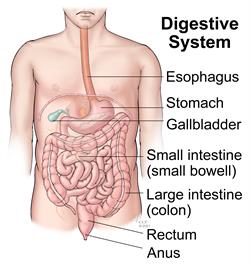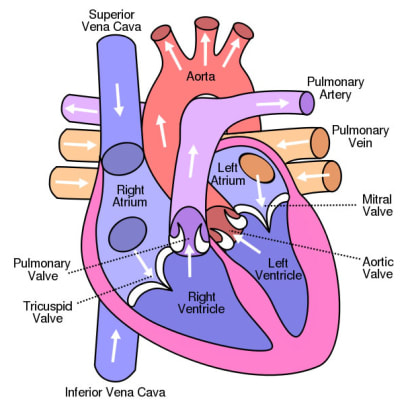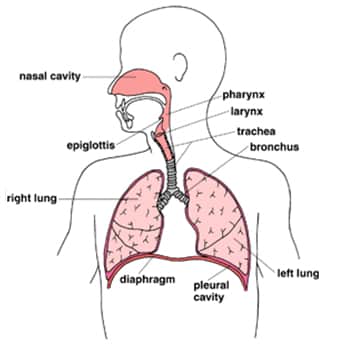Unit 7. |
Immune System
The biggest effect that HIV virus has is on the immune system. The Immune System directly corresponds with many organs and systems in the body such as the digestive system, the heart, and the respiratory system. Your immune system prevents your body from contracting the diseases and infections that come your way. White blood cells defend you against viruses, bacteria, and other organisms that can make you sick, and without White Blood Cells, your body would fail.
Digestive systemYour digestive system is uniquely constructed to perform its specialized function of turning food into the energy you need to survive and packaging the residue for waste disposal.
|
Human heartThe human heart is an organ that pumps blood throughout the body via the circulatory system, supplying oxygen and nutrients to the tissues and removing carbon dioxide and other wastes.
|
Respiratory systemThe function of the human respiratory system is to transport air into the lungs and to facilitate the diffusion of Oxygen into the blood stream. Its also receives waste Carbon Dioxide from the blood and exhales it.
|
Treatments of HIV affects a body a lot.
HIV medicines help people with HIV live longer, healthier lives. Sometimes HIV medicines can also cause side effects. Most side effects from HIV medicines are manageable, but a few can be serious. Overall, the benefits of HIV medicines far outweigh the risk of side effects. In addition, many newer HIV medicines have fewer side effects than older HIV medicines. As HIV treatment options continue to improve, people are less likely to experience side effects from their HIV medicines.



